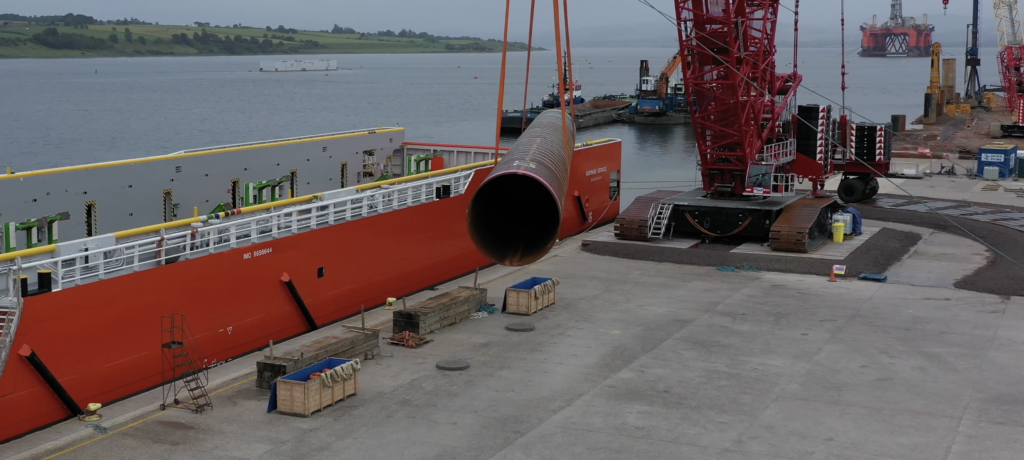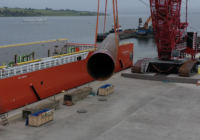A lifting industry dilemma
Most people with an understanding of the lifting and rigging industry would agree that it is often a complex and sometimes dangerous world. So, are we treating it with the respect it deserves?
There is no doubt that in the last 20 years the requirement for formal qualifications and certification in lifting and rigging disciplines has increased significantly. Whilst no one would argue that there was a need to provide a recognised and documented way of assessing competency, some would say that it has come at the expense of actual experience. So, the question we ask ourselves is “are the current training and assessment processes fit for purpose?
Rising demand
Prior to the current COVID-19 pandemic the United Kingdom (along with many other countries) has witnessed a rising demand for Crane Supervisors, Slinger/Signallers, and Appointed Persons.
This demand has been in part due to the significant development and expansion of the renewable energy business, along with major construction and infrastructure projects and the constant requirements of the oil and gas industry.
Aging population
Like many other countries, the UK’s age structure is shifting towards later ages. In 2018, one in five people were 65 years or over. This is projected to be one in four by 2038. The population aged 65 years and over is growing faster than any other.
The consequence for our industry is that the “time served” experience and knowhow is rapidly disappearing, and it is not being harnessed whilst we still have it, for the benefit of future generations.
Concerns
Some of the concerns that are often raised around this subject include:
- Personnel with no previous experience in the lifting and rigging industry, who on successfully completing a 5-day course, can potentially be placed in a position where they can plan and oversee a lifting operation, regardless of its complexity.
- There is no requirement for a newly “qualified” Crane Supervisor or Appointed Person to be mentored or regularly assessed.
- The Appointed Person course content is focused specifically on crane lifting operations. Alternative methods of lifting, including jacking, skidding, rigging, and heavy transport are not covered and yet can often form an integral part of an overall lifting / installation operation.
- A “certified” Crane Supervisor can often be put in charge of a lifting team that is vastly more experienced and knowledgeable than him or her.
- Personnel with many years of genuine and proven experience within the lifting industry can sometimes be overlooked for roles or advancement due to not having a particular “certificate of training”.
Current training
With the Apprenticeship position a very limited opportunity in our industry, companies have no real alternative but to utilise the “industry recognised” training courses for Crane Supervisors, Slinger/Signallers, and Appointed Persons as a means of gaining a recognised qualification and assessing capability.
It should be noted that several of the major international heavy lift companies do operate very successful internal training and assessment programs for their own personnel.
But do companies and candidates feel they are gaining the level of competency and experience required to plan and manage complex lifting operations, from what are typically no more than a 5-day course?
Discussion
Some would argue that an over-reliance on certification above experience and skills, creates significant added risk. And that this approach can have a negative impact on safety, schedule, costs, and human factors.
As the complexity of lifting and rigging operations continues to increase, supported with major technological advancements in the equipment we have available, are we confident that we are providing the correct level and type of training and assessment for the people who are integral to the safety and success of these activities?
We would be very interested in hearing the views of anyone who has an involvement with the lifting and rigging industry. From clients and stakeholders, to lifting personnel and training organisations.

























